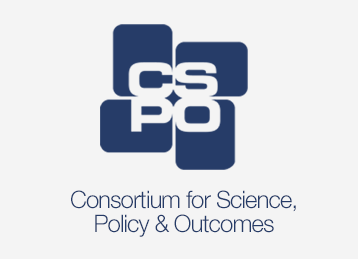The Illusion of Average: An Open Science Approach to Research

This talk is the second of three New Tools seminar.
By seeking out information on “averages,” researchers, funding organizations, and the public forgo vast amounts of information and risk building policies on plausible but misleading information. Imagine if, rather than discarded, information on individual and contextual differences were more systematically incorporated into the evidence-base. In what ways might research need to change to enable this alternative approach?
In this conversation we'll discuss public participation for science or advocacy has an inconsistent history of effectiveness. New tools for crowdsourcing and challenge platforms have unflattering track records, revealing greater insights into the current limits of technologies to enable the centralization or decentralization of power and influence. Local expertise can be harnessed toward a new reality in which communities provide feedback on their own conditions. When challenges arise, publics equipped with new tools can legitimately participate by studying their circumstances, testing alternatives for improving their communities, and advocating for the actions that best reflect their current values. Further, these strategies can be tailored to local realities to increase the likelihood of successful adoption and implementation. There are many examples of how open innovation is changing conversations with participatory infrastructures:
- When data are open, more values are supported, and alternatives can be explored.
- Publics can collect and process data to focus attention on locally relevant problems.
- Publics are local experts who provide distributed context and situational awareness.
- Publics ask unique questions that can be locally tested with quantified self, agile science, and small data methods.
- Crowdsourcing can be a form of advocacy, as demonstrated in the water crisis in Flint, Michigan.
Taken together, these opportunities highlight the shifting role of non-scientists from receiving “answers” to, instead, shaping questions and supporting rigorous, contextualized research that can be fed back into a robust, curated knowledge base.
Talk 1: The Illusion of Average - Implications for Scientists (scheduled for Friday, Sept. 9)
Talk 3: The Illusion of Average - Renewing Research Infrastructure (scheduled for Friday, Oct. 21)